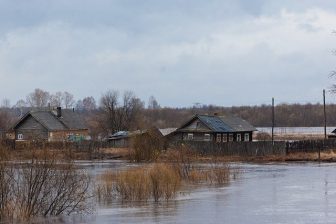 New analysis indicates that 5% of all properties in the UK currently fall into the highest flood risk category. This figure will rise by 1% in the next 30 years, and by a further 1% by 2080.
New analysis indicates that 5% of all properties in the UK currently fall into the highest flood risk category. This figure will rise by 1% in the next 30 years, and by a further 1% by 2080.
The study, undertaken by Hometrack, indicates that 1.5 million homes will be at risk of flooding by 2050, with 300,000 falling into the highest risk category.
The problem is not limited to riverside properties; climate change will leave homes vulnerable to increased flooding from escalating coastal erosion, sinkholes and heavy downpours such as those which overwhelmed drainage systems in Hammersmith earlier this year.
According to ground risk consultancy Terrafirma, more than 800 buildings will be lost to coastal erosion within the next 20 years, while nearly 7,000 homes and properties will be at risk of falling into the sea across England and Wales over the next century.
Underground rivers and erosion are also set to leave homes vulnerable to subsidence and sinkholes. The British Geological Society estimates that 32,000 sinkholes already exist across the country, with underground water causing dissolution, collapse and erosion. The sinkholes are responsible for millions of pounds in damage a year, and will only become a more persistent problem as the climate crisis continues.
Commenting on this, Spencer Wyer, VP of Product and Technology at Hometrack, said: “Whilst the effects of climate change are well publicised, the direct impact of climate change on property valuation is a more challenging area for lenders.
“It’s become critical for lenders to understand the risk to their existing portfolios and many have addressed this. However lenders also need to consider how to stop taking on further risk at origination and the more challenging task is understanding the true impact of climate change on properties impacted by it. This is something we are focusing on to support lenders.”


Comments are closed.